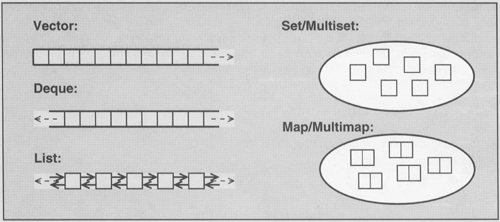
Let’s say you have the following function:
|
|
What happens if this function is exported as an ordinal function from a DLL (not an inlined piece of code inside a header) and you call it from an EXE?
It works most of the time. When it doesn’t, it corrupts your heap and causes a spectacular mess.
In Windows you must free memory with the same allocator that allocated it. However, your EXE may not share the same allocator as the DLL. Perhaps the two modules are linked against different versions of libc, or perhaps one of the modules is using a static version of libc. If your EXE and DLL do not share an allocator and if AppendChar() resizes the string s, you will almost certainly cause a heap corruption.
The STL performs a lot of reallocations behind the scenes for you; this is one of its major benefits. Unfortunately, if you are writing a general-purpose DLL these behind-the-scene allocations are deadly. You cannot know or dictate what version of libc your clients will use.
Therefore, I reiterate my previous recommendation:
Avoid passing STL objects as parameters to DLLs.